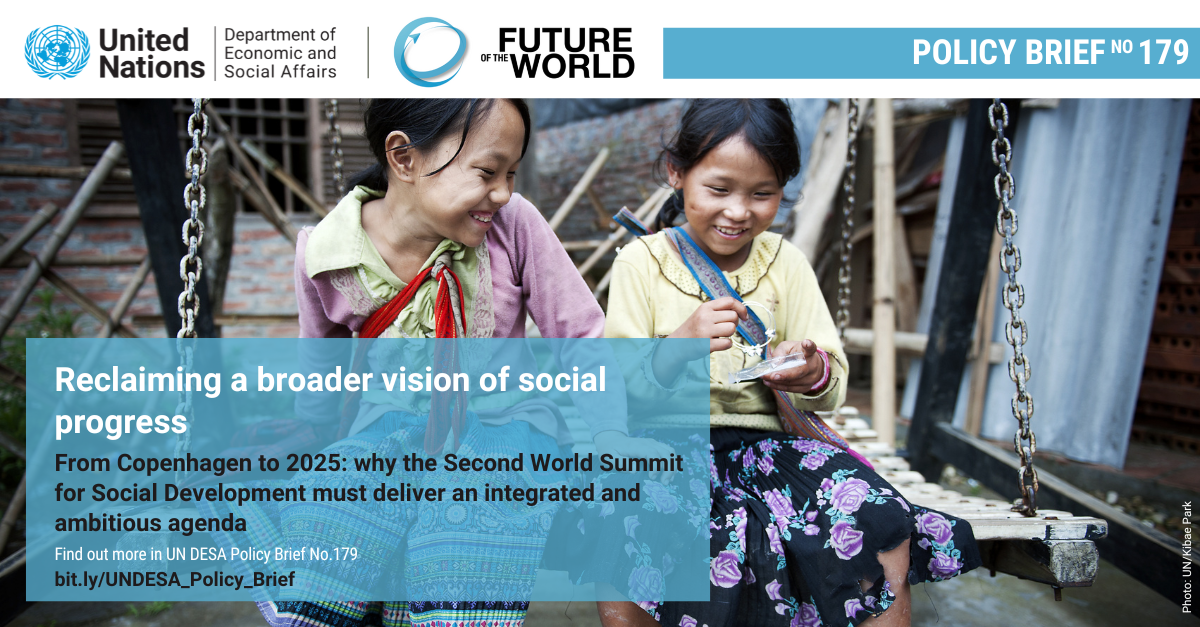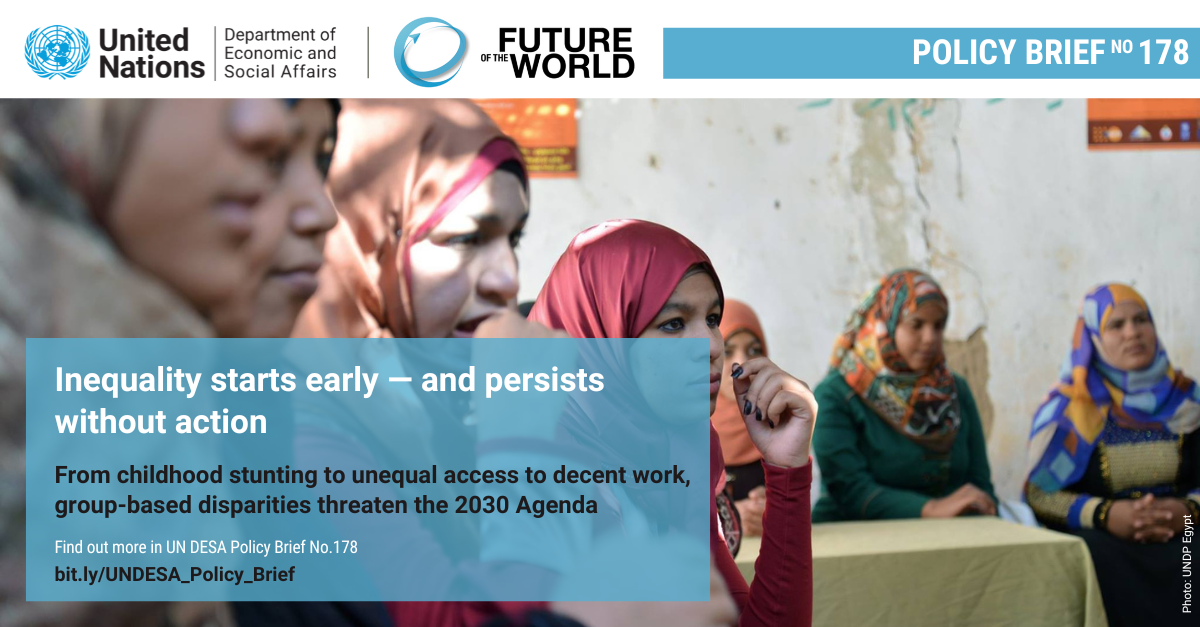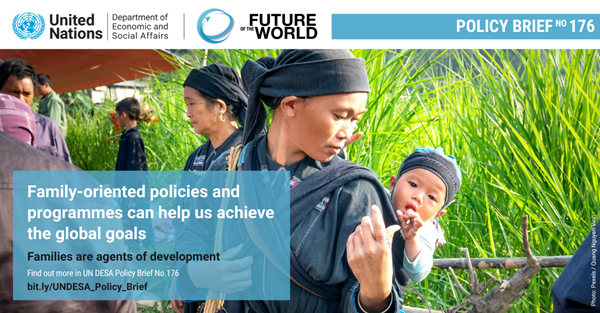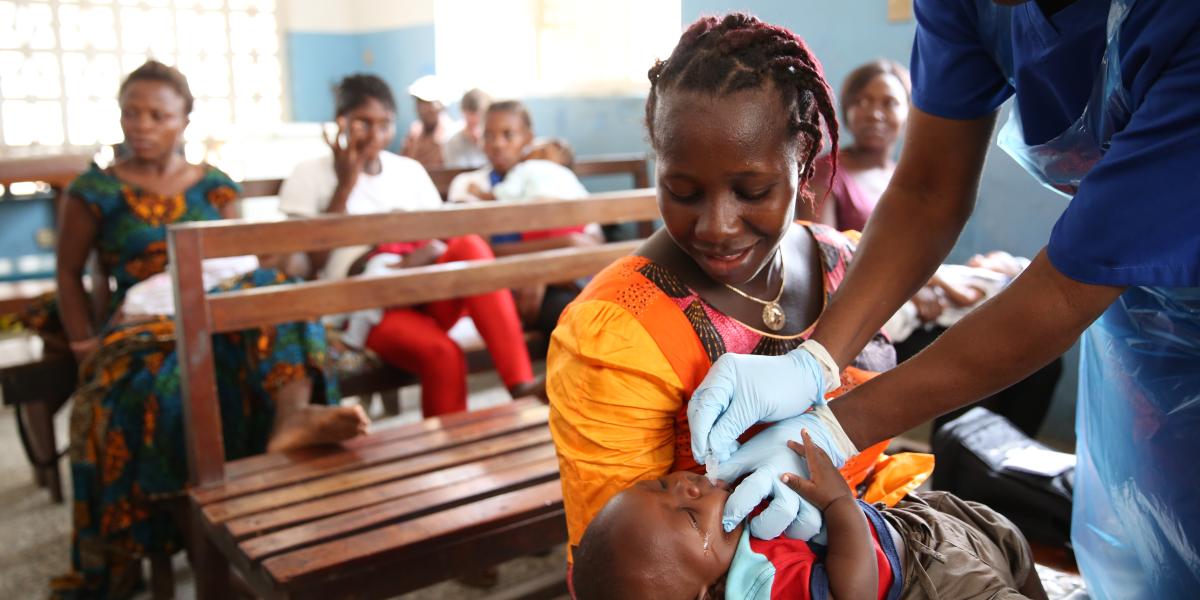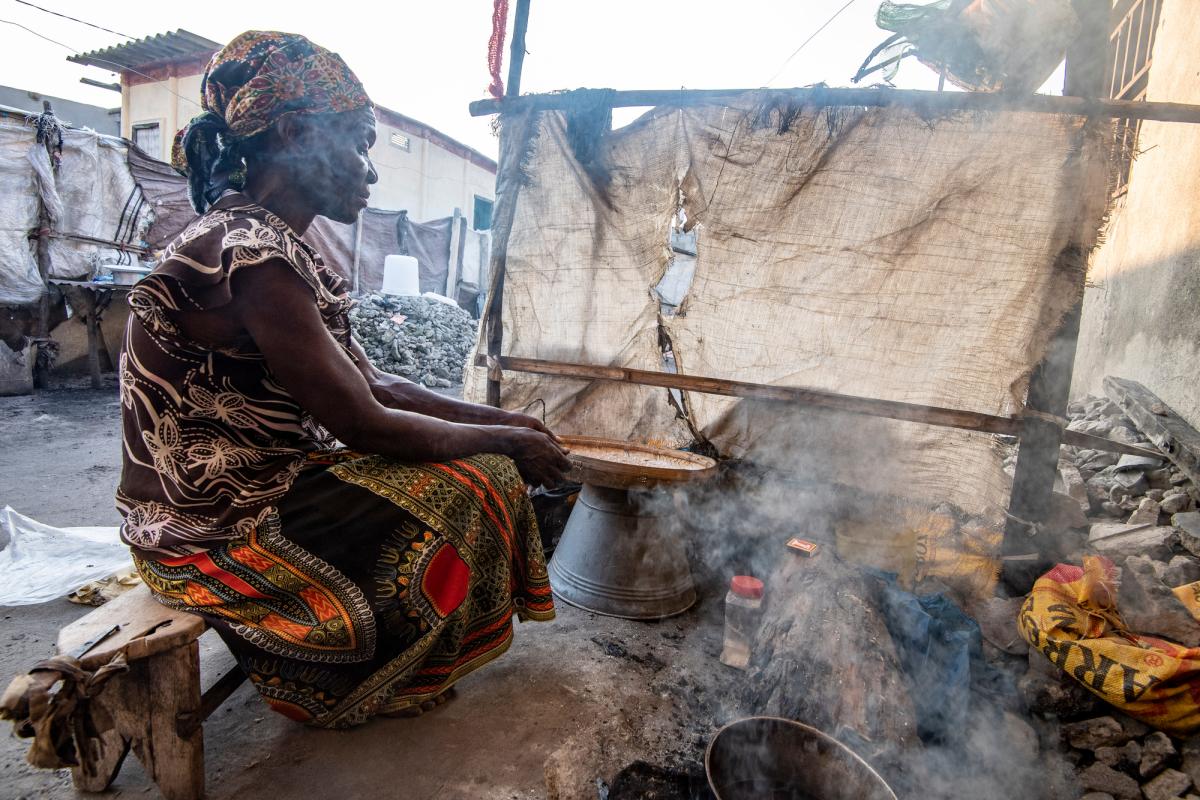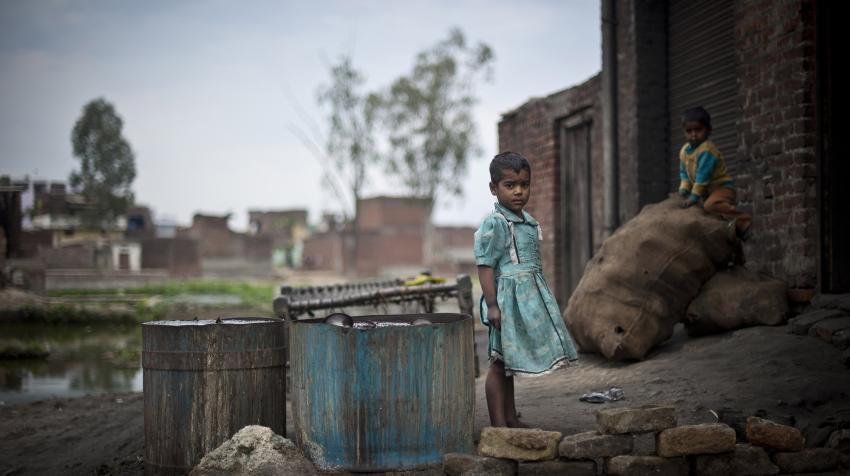Publications
Displaying 1 - 10 of 38
Policy Briefs |
This UN DESA policy brief revisits the landmark 1995 World Summit for Social Development in Copenhagen, which marked a pivotal moment in global efforts to place people at the centre of development. The Summit established a powerful political consensus around eradicating poverty, promoting full employment, and advancing social integration—anchored in a broader vision of social justice, solidarity, and equality.As Member States prepare for the Second World Summit for Social Development in Doha this November, the brief argues that it is time to revitalize the integrated and people-centred approach first articulated in Copenhagen. It highlights the limitations of fragmented social policy…
Policy Briefs |
Persistent inequalities based on group characteristics—such as race, ethnicity, disability, and income—continue to shape people’s opportunities from birth through adulthood. Despite commitments under the 2030 Agenda and progress in promoting inclusion, inherited disadvantages still account for a large share of income inequality in many countries. These disparities, often passed from one generation to the next, reflect interlinked barriers in health, education, and employment that prevent entire population groups from fully participating in society.Social exclusion often begins in early childhood and compounds over time. Children from the poorest and most marginalized households are more…
Policy Briefs |
This policy brief presents a global analysis of 171 Voluntary National Reviews (2020–2024) from 141 countries addressing core aspects of family well-being by focusing on policies related to: poverty reduction (SDG1), food security and nutrition (SDG2), health and well-being (SDG3), quality education (SDG4), and gender equality (SDG5). These VNRs demonstrate little and uneven progress in implementing family-oriented policies, compared to the 2016–2019 VNRs. There is modest positive progress in reducing poverty, improving maternal and child mortality, and increasing access to water and sanitation services. However, family-oriented policies addressing extreme poverty and food insecurity have…
Policy Briefs |
INTRODUCTION
Shocks and crises have become more frequent, intense and widespread in an interconnected world, affecting more people across the globe. Crises that might have previously remained relatively contained within a well-defined geographic region, are now propagated rapidly through globally interconnected systems and networks in areas such as economics, finance, the environment and health. The 2008 Global Financial Crisis is an example of how financial shocks spread through the interconnected balance sheets of financial institutions, causing havoc around the world. The COVID-19 pandemic also shows how national health systems were unable to absorb the effects of the virus, which…
Policy Briefs |
Understanding how population trends are likely to unfold in the short, medium and long terms is critical for achieving a more inclusive, prosperous and sustainable future as recognized in the Declaration on Future Generations. This policy brief provides an overview of some of the main findings of the recently released report, World Population Prospects 2024: Summary of Results (United Nations, 2024a) with the aim of helping countries prepare for population sizes, age structures and spatial distributions that may differ appreciably from those of their recent past.
ALL POPULATIONS ARE MOVING TOWARDS LONGER LIVES AND SMALLER FAMILIES
At first glance, the demographic outlook of countries…
Policy Briefs |
INTRODUCTION
The recent confluence of crises – the COVID-19 pandemic, violent conflicts, and climate change – has caused severe setbacks to central objectives of social development, such as poverty eradication, employment generation, inequality reduction, and building inclusive societies. People and societies in vulnerable situations have been hit the hardest by the converging crises.
There are indications that shocks and crises are becoming ever more frequent, severe, and far-reaching – driven by the worsening effects of climate change, the growing probability of pandemics, growing geopolitical tensions, and increasingly dense global networks of trade, finance and transport. The…
Policy Briefs |
INTRODUCTION
The capacity of Governments to deliver on the Sustainable Development Goals (SDGs) has been tested in all countries. The Global Sustainable Development Report 2023 underlined that the uneven and slow progress on the SDGs since 2016 was further undermined by the negative impact of the COVID-19 pandemic and recent crises. The Sustainable Development Goals Report 2024 has confirmed that countries are severely off track to achieve the SDGs. Progress on a number of SDG targets has stalled or suffered a reversal. Most targets are not on track to be achieved by 2030, and progress does not seem fast enough for the few targets that are closer to being met.…
Policy Briefs |
BACKGROUND
In the lead up to the 2023 Sustainable Development Goals (SDG) Summit (18-19 September, New York), the Secretary-General urged all Member States and stakeholders to present forward looking commitments to accelerate sustainable development in the coming years. A total of 39 Member States and 1 non-member observer state submitted 141 commitments via the SDG Summit Acceleration and Accountability Platform. This policy brief reviews these national commitments from the 2023 SDG Summit, focusing on how countries are translating the leaving no one behind (LNoB) concept into different policies across various country settings.
PROFILE OF COUNTRIES COMMITTED TO LNOB …
Policy Briefs |
INTRODUCTION
Population ageing is a global phenomenon, a shift towards an increasing share of older persons in the population. Even the least developed countries (LDCs) are beginning to experience the progressive ageing of their populations, and this process is expected to accelerate during the second half of the current century (United Nations, 2023a). Despite its far-reaching consequences, the emergence of this trend in LDCs has attracted only limited attention from both national policymakers and the international community. Most LDCs are still early in the decades-long process of population ageing, which is a direct consequence of the demographic transition towards longer lives and…
Policy Briefs |
In the three decades that preceded the Covid-19 pandemic, more than one billion people escaped extreme income poverty. As the health and economic upheavals brought on by Covid-19 and subsequent crises have made evident, however, progress towards poverty eradication is fragile.
With only a few years remaining before the target date of 2030 for achieving the Sustainable Development Goals (SDGs), there is a renewed commitment to accelerate progress towards poverty eradication. In 2025, the United Nations will convene the Second World Summit for Social Development to give momentum towards the implementation of the 2030 Agenda, with a focus on poverty eradication and the other two pillars of…
 Welcome to the United Nations
Welcome to the United Nations
